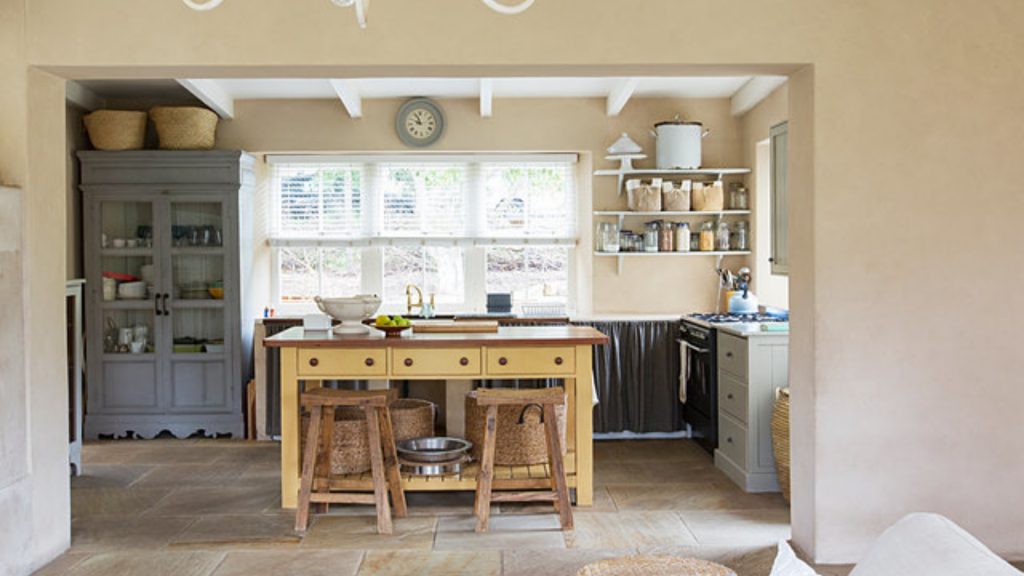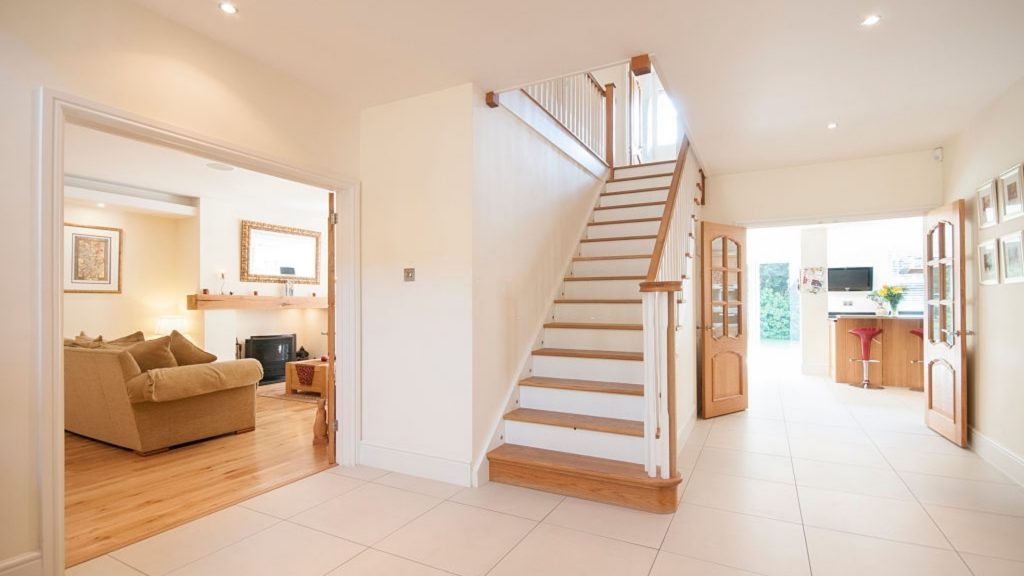Renovations in Maryland and Washington, DC: Should I Move In Before or After?
Buying a new home is an exciting prospect. You’ve got a vision in mind, and there’s a great deal of temptation to go out and purchase all-new furniture, paint, décor, and to dive in and start renovating immediately.
As easy as it seems on HGTV, rushing things can be a costly route to take. To maximize your budget and minimize your stress, we always advise new homeowners to wait a little while. Your ideas could change quite a lot once you’ve had a chance to live in the house for a few months.
Of course, there are many arguments for and against moving in before the renovation, but today we’re going to talk about waiting and how it will benefit you in the long run.
The Benefits Of Waiting To Renovate
How many times have you been so gung-ho to purchase something that you dove into the deep end without considering every viewpoint? You lust after that thing. You buy it, get it home, and it’s not the right color, the right fit, the right anything. Had you waited a few days, you likely would have realized that you didn’t need it that badly.
Similarly, renovating a home shouldn’t be done on an impulse. Once you start, you can’t go back; at least, if you do have some remorse around your decision, it will be a costly decision to reverse. We know you want your dream home, but ultimately, we want you to be delighted with the result.
 Impose A Cooling-Off Period
Impose A Cooling-Off Period
We advocate a “cooling off” period after you buy and before you renovate. After a few months in the home, your ideas about what you want to change will, in all likelihood, change a lot. Rushing into the situation may cost you thousands of dollars on unnecessary upgrades.
Since renovating your home is a much more significant purchase than a pair of shoes or a sub-zero fridge, your cooling off time should be appropriately longer.
Mitigate Your Stress – And The Strain On Your Budget
Moving, in itself, is a stressful—and expensive—endeavor. Do you really want to go through a major move only to immediately launch into a major renovation? Your nerves and your budget will be stressed to the max, and it won’t be over for several months.
If you didn’t need to make those changes in the first place, that’s a lot of time, money, and aggravation wasted. Renovations, especially if they are purely cosmetic, are a luxury and should be treated as such. Wait until you have the liquid cash before you begin.
Of course, if you purchase a home that you know needs a gut-job to make it safe or habitable, or if the flooring needs to be redone, you will probably want to do that first, before you start piling all kinds of stuff on top of it.
 Take The Time To Appreciate Your New Home
Take The Time To Appreciate Your New Home
Just like people, no house is absolutely perfect. However, just owning a home is a privilege in itself. If you give yourself time to get better acquainted with it, you may begin to develop a sense of gratitude, as opposed to only seeing its shortcomings.
After waiting a few months – or even a year, you might find that the changes you so wanted to make before you moved in were not at all necessary.
For example, say the laundry is on the main floor, and you immediately think you want it moved to the basement. But, once you’ve lived with the situation for a little while, you might decide that it’s better to have it on the main floor so you can keep an eye on your little ones while you do housework. Right there, you’ve saved a lot of money by not having had to relocate the plumbing and your appliances.
Designing Your Home For The Way You Live
After you’ve lived in your home for a while, you will have settled into a routine. Some of the things you thought you wanted may not seem so vital now, and the changes that need to be made will become self-evident.
The conclusion? Don’t hang on too tightly to the vision of what your house is supposed to look like. You might be doing yourself—and your home—an injustice before you even move into it.
Are you thinking about a whole-house renovation for your new home? Reach out today to learn more about how we can help.





